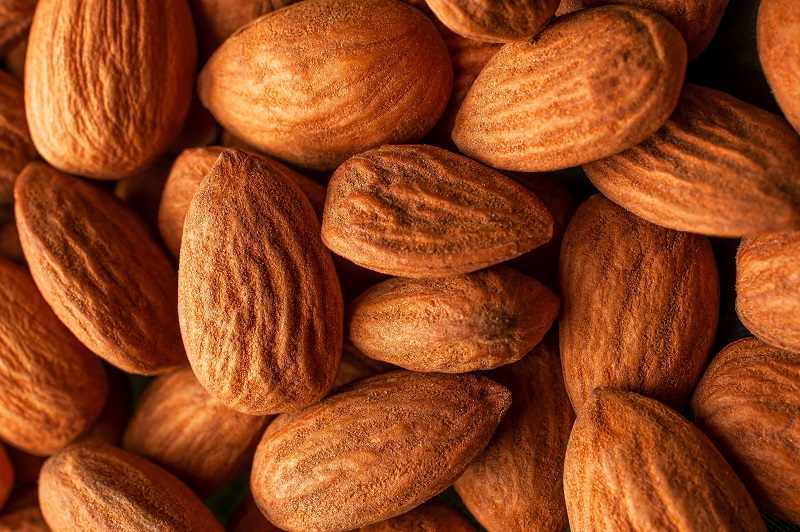Apple Growers Jump On Variety Bandwagon
Club varieties are drawing a lot of attention in the industry, and not all of it good. Some growers are concerned managed varieties are putting smaller growers at a disadvantage, hindering them from profiting from the new, premium apples entering the marketplace.
NYAG LLC, a new company formed by New York growers, aims to ensure everyone in the state has a chance to be a part of Cornell University’s latest variety introductions. The goals of the program are not only to introduce new apple cultivars to the marketplace, but to allow any New York State apple grower to become a member. NYAG LLC chairman Roger Lamont says this model will enhance New York State apple grower sustainability, growth, and long-term competitiveness. “The marketplace demands new products, whether you’re in apples or Procter & Gamble,” he says. “They’re looking for something new and exciting, so we think that to be vibrant and competitive in the apple business, we’ve got to make sure our New York apple industry, the number-two state in apple production, has new and exciting varieties for the growers to grow, the retailers to sell, and the consumers to buy.”
How It Works
NYAG LLC has submitted a business plan to Cornell but has not yet been granted a license. While the details haven’t been completely ironed out just yet, Lamont says growers will likely have to invest money to join NYAG, which will entitle them to a certain number of acres of the apples. There will also be a tree royalty, as well as a production royalty per bushel. “The royalty per box will feed the breeding program at Cornell and hopefully generate new varieties every couple of years,” Lamont says.
While there’s not going to be a limit on the number of growers allowed to participate, Lamont says there will be a limit on the amount of acreage. “If we were to get oversubscribed, the acreage would have to be prorated, but we don’t anticipate that,” he says. “Growers need to be encouraged to invest in the new varieties to get them going.” Overplanting is not a problem until the variety becomes successful, and that’s a few years down the road, he adds.
The crops would be monitored for quality, going for nothing less than U.S. extra fancy. Licensed packinghouses would enforce that as the loads come in, and anything that isn’t able to pack out at that grade would be diverted to processing.
Specific requirements for participating growers have not been developed yet, but they’d like to enforce a half-acre minimum and see that the farm markets are involved in the marketing. In addition, anyone who signs up the first year will have the opportunity to participate in any new varieties that come down the pike. “So it’s going to be to everybody’s advantage to at least sign up for a half an acre and get in the program,” Lamont says.
Once the details are finalized, NYAG will be actively recruiting growers to participate. Lamont notes it’s not necessarily going to be simple for the growers, though. “It’s a lot of investment, not just to plant the orchard, but they’ll have to pay the tree royalty and they’ll have to pay the fee per acre to get in,” he says. “So we think they deserve to have personal explanations and encouragement to make this program go.”
The Timeline
Lamont says Cornell University’s apple breeding program, led by Dr. Susan Brown, is propagating the trees as fast as they can. If NYAG and the university can reach an agreement this year, they will hold grower meetings shortly thereafter to explain the program and develop rules and regulations.
In addition, they’re still evaluating the varieties, testing them in orchards to determine the best harvest dates, and putting them in various types of storage to determine marketing windows. The varieties aren’t named or patented yet, but Lamont says they plan to have them test marketed by marketing firms to decide on names.
Overall, everyone involved is excited about the opportunity, and Lamont says he’s focused on bringing in more expertise to help make the program succeed. “We’re trying to harness the best talent in the apple industry here in New York for this project, because we think it’s vital to the future of the industry,” he says.










